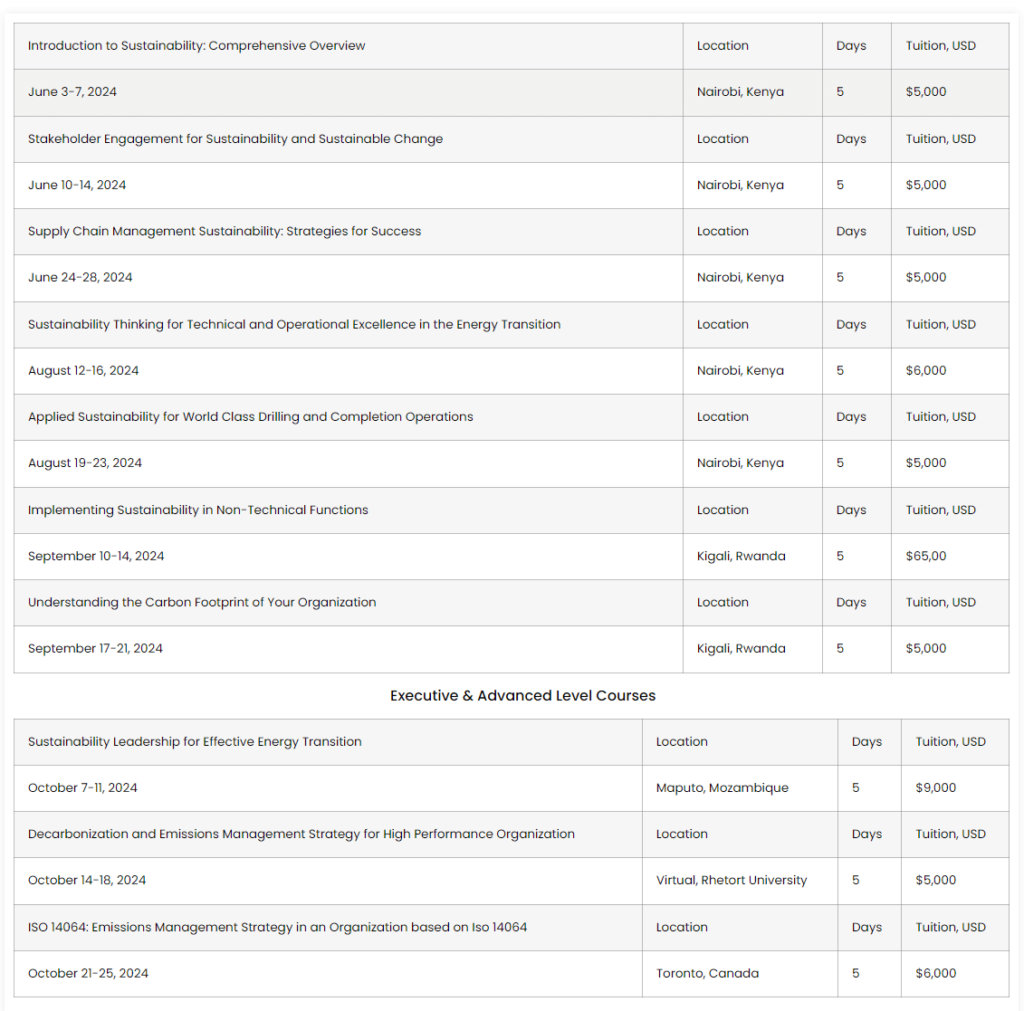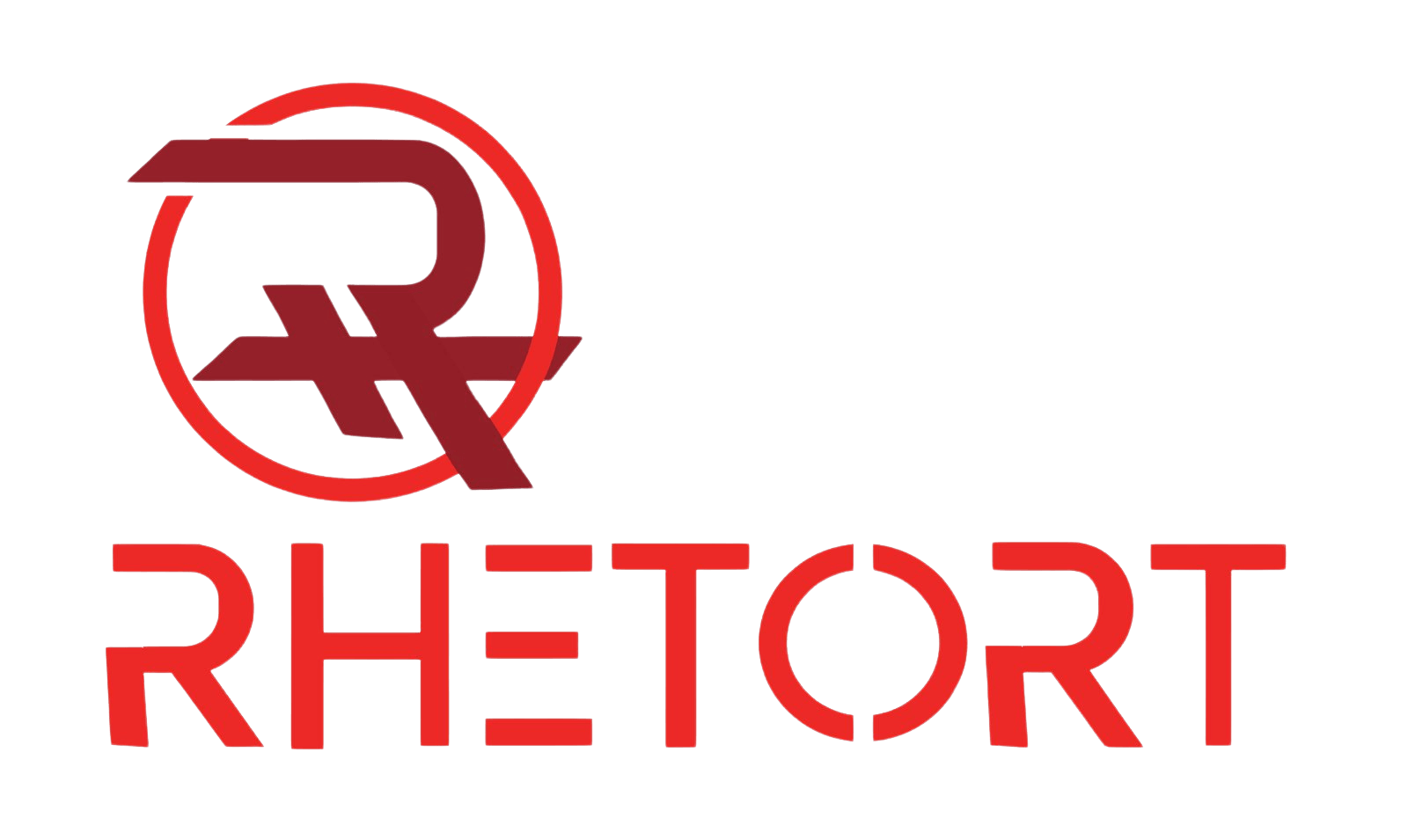2024 Sustainability Training
Training
Rhetort
SUSTAINABILITY TRAINING 2024
INTRODUCTION
Why Must You Attend Sustainability Training?
integrating sustainability into every job and providing sustainability training to every worker is essential for building a more resilient, equitable, and prosperous future.
Learn Below


Environmental Impact
Every job, regardless of industry or sector, has an environmental footprint. Whether it involves manufacturing, transportation, agriculture, or services, all work activities consume resources, generate waste, and emit greenhouse gases. Sustainability training equips workers with the knowledge and skills to minimize environmental impacts, adopt eco-friendly practices, and contribute to conservation efforts.

Social Responsibility
In today's interconnected world, businesses and organizations are increasingly expected to operate in socially responsible ways. This includes promoting fair labor practices, fostering diversity and inclusion, and supporting local communities. Sustainability training helps workers understand their role in promoting social equity, ethical business practices, and community development, ensuring that their work contributes positively to society.

Economic Resilience
Sustainability is closely linked to economic resilience and long-term viability. By embracing sustainable practices, businesses can reduce costs, enhance efficiency, and mitigate risks associated with resource scarcity, regulatory changes, and market fluctuations. Workers who are trained in sustainability are better equipped to identify opportunities for innovation, efficiency improvements, and cost savings, thereby contributing to the economic sustainability of their organizations and industries. Additionally, sustainability training prepares workers to adapt to emerging trends and challenges, ensuring their relevance and employability in a rapidly changing world.


Training
Rhetort
Training Modes & Locations
The sustainability training program adopts a hybrid approach to accommodate diverse learning preferences and geographical locations.
In-person sessions are scheduled across key hubs in Kenya (Nairobi), Rwanda (Kigali), Mozambique (Maputo), and Canada (Toronto), facilitating networking and fostering organic exchange of experiences and knowledge sharing among participants from different regions. These face-to-face interactions enhance collaboration and cultural understanding, enriching the learning experience.
Additionally, virtual courses are offered to ensure accessibility and inclusivity, allowing participants to engage interactively from anywhere in the world. Virtual sessions feature dynamic discussions, case studies, and collaborative exercises, leveraging digital platforms to promote engagement and active participation.
By combining in-person and virtual modalities, the training program maximizes flexibility, responsiveness, and effectiveness, empowering participants to acquire and apply sustainable practices within their respective contexts while facilitating global networking and collaboration in the pursuit of sustainability goals.
Training
Rhetort
WHAT WE OFFER
All Rhetort trainings are CPD accredited, and attendees receive certificate of completion with continuing professional development units (CPD points). These certifications are building blocks for developing competency and attaining mastery as a sustainability practitioner and professional.
We provide a complimentary competency development planning (CDP) to our attendees as well as implementation guidance. Our faculty boasts a trainer roster of experienced and accomplished sustainability professionals with expertise in different subject matter. And we facilitate post-training sustainability career development planning and growth through Rhetort University, our soon to be launched educational and knowledge management platform.
Training
Rhetort
Sustainability Training Overview
Introductory & Intermediate Level Courses
Note: Course information is subject to change. Additionally, most courses require a minimum of 20 students and have a maximum of 30 for the in-person courses and a minimum of 10 and maximum of 20 for virtual courses.
Geothermal Energy, CCUS, Innovation and Sustainability courses and more available upon request.
For information, visit our website www.rhetort.com or inquire to info@rhetort.com
Goods and Services Tax (GST) or Value Added Tax (VAT) will be added to the tuition cost.

